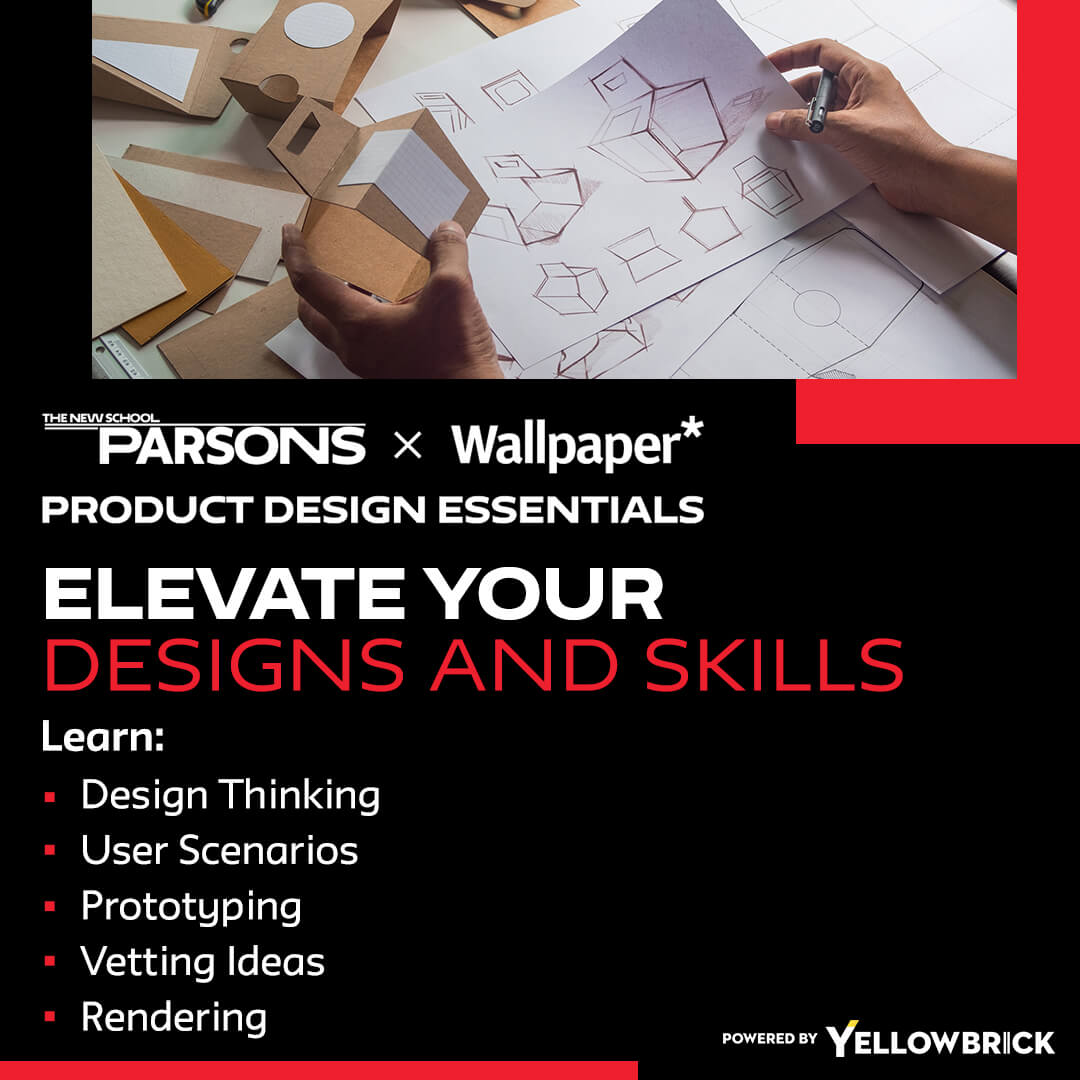Product design skills are essential for professionals in the industry to create innovative and user-centric products that meet the needs and preferences of consumers. From conceptualization to execution, mastering these skills is crucial for success in the competitive world of product design.
User-Centered Design
One of the fundamental product design skills is the ability to prioritize user needs and preferences throughout the design process. Understanding user behavior, conducting user research, and creating personas are essential aspects of user-centered design. By putting the user at the center of the design process, designers can create products that resonate with their target audience.
Design Thinking
Design thinking is a problem-solving approach that emphasizes empathy, ideation, prototyping, and testing. This iterative process allows designers to explore a variety of solutions, gather feedback, and refine their designs based on user insights. Design thinking encourages creativity, collaboration, and a human-centered approach to problem-solving.
Sketching and Prototyping
Strong sketching and prototyping skills are essential for product designers to communicate their ideas visually and iteratively. Sketching allows designers to quickly explore concepts, iterate on designs, and communicate their vision to stakeholders. Prototyping, whether in low-fidelity or high-fidelity forms, helps designers test ideas, gather feedback, and refine their designs before final implementation.
Technical Proficiency
Product designers must have a solid understanding of technical tools and software to bring their designs to life. Proficiency in design software such as Adobe Creative Suite, Sketch, Figma, or prototyping tools like InVision is essential for creating detailed mockups, wireframes, and interactive prototypes. Additionally, knowledge of coding languages like HTML, CSS, and JavaScript can enhance a designer’s ability to collaborate with developers and bring designs to fruition.
Collaboration and Communication
Effective communication and collaboration skills are key for product designers to work effectively with cross-functional teams, stakeholders, and clients. Clear communication of design concepts, rationale, and decisions is essential for aligning stakeholders and ensuring a shared vision for the product. Collaboration with engineers, marketers, and other team members helps designers gain valuable perspectives and insights to create holistic and successful products.
Problem-Solving Skills
Product designers are problem solvers at the core, tasked with addressing user needs, market demands, and technical constraints. Strong problem-solving skills enable designers to identify challenges, brainstorm innovative solutions, and iterate on designs to find the best possible outcome. The ability to think critically, analyze feedback, and adapt to changing requirements is crucial for success in product design.
Creativity and Innovation
Creativity is the driving force behind successful product design, inspiring designers to think outside the box and push boundaries. Innovation stems from creative thinking, experimentation, and a willingness to take risks in design. By fostering a culture of creativity and encouraging innovative ideas, designers can create products that stand out in the market and resonate with consumers.
Understanding of Design Principles
A solid foundation in design principles such as typography, color theory, layout, and hierarchy is essential for creating visually appealing and functional designs. Designers must have a keen eye for aesthetics, an understanding of visual balance and harmony, and the ability to create designs that are both beautiful and usable. Mastery of design principles enables designers to create cohesive and impactful designs that engage users and convey the intended message effectively.
Adaptability and Continuous Learning
The field of product design is constantly evolving, with new technologies, trends, and user expectations shaping the industry. Product designers must be adaptable, open to learning, and willing to embrace change to stay relevant and innovative. Continuous learning through workshops, courses, and self-study helps designers expand their skill set, stay updated on industry trends, and remain competitive in the dynamic world of product design.
Empathy and Emotional Intelligence
Empathy is a critical skill for product designers to understand and connect with users on a deeper level. By putting themselves in the shoes of the end user, designers can create products that truly meet their needs and address their pain points. Emotional intelligence, including the ability to empathize, communicate effectively, and collaborate with others, is essential for building strong relationships, fostering creativity, and creating products that resonate with users on an emotional level.
Conclusion
In the competitive landscape of product design, mastering these essential skills is crucial for professionals to create innovative, user-centric products that drive success and make a meaningful impact on users’ lives.
By honing their user-centered design, design thinking, sketching, technical proficiency, collaboration, problem-solving, creativity, understanding of design principles, adaptability, and empathy, product designers can elevate their craft and excel in the fast-paced world of product design.
Key Takeaways:
- Prioritize user-centered design to create products that resonate with the target audience.
- Embrace design thinking to foster creativity, collaboration, and human-centered problem-solving.
- Develop strong sketching and prototyping skills to communicate ideas effectively.
- Enhance technical proficiency in design software and coding languages for detailed and interactive designs.
- Cultivate effective communication and collaboration skills to align stakeholders and create successful products.
- Utilize problem-solving skills to address challenges and innovate in product design.
- Harness creativity and innovation to push boundaries and create standout products.
- Master design principles for visually appealing and functional designs.
- Stay adaptable and engage in continuous learning to remain relevant in a constantly evolving industry.
- Cultivate empathy and emotional intelligence to connect with users on a deeper level and address their needs effectively.
For professionals looking to deepen their expertise and advance their careers in product design, consider exploring the Parsons Product Design Essentials online course and certificate program by Yellowbrick. This comprehensive program offers a structured curriculum to enhance your design skills and knowledge, empowering you to thrive in the competitive landscape of product design.







